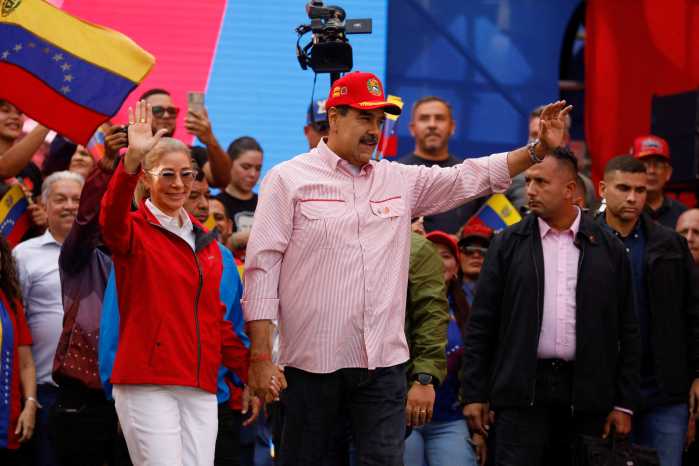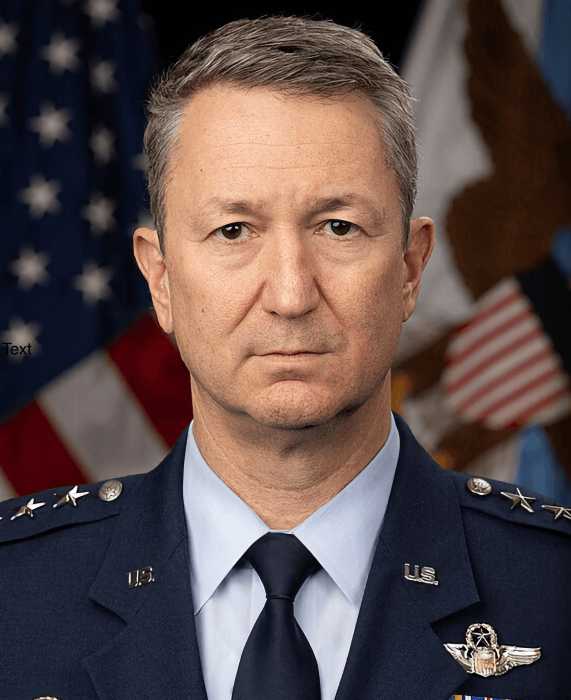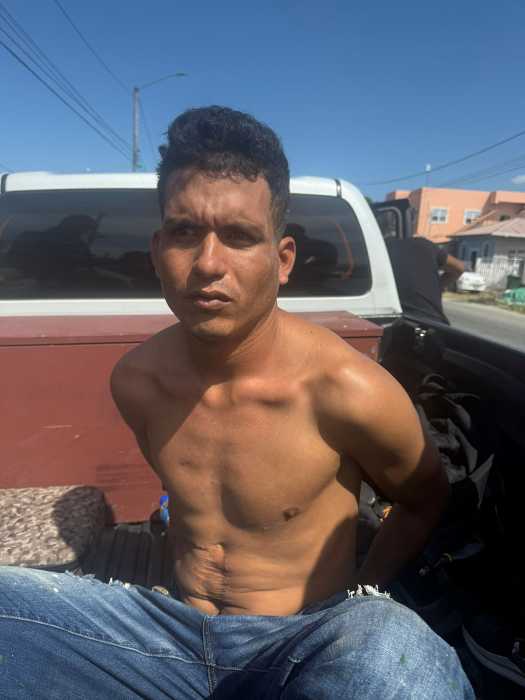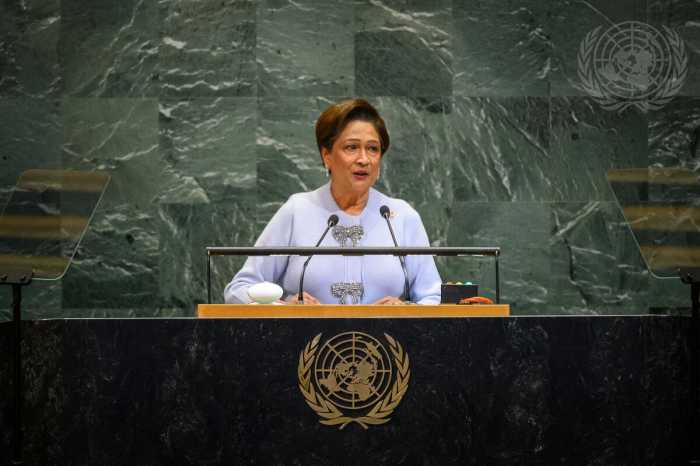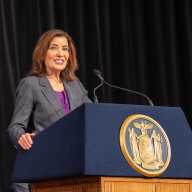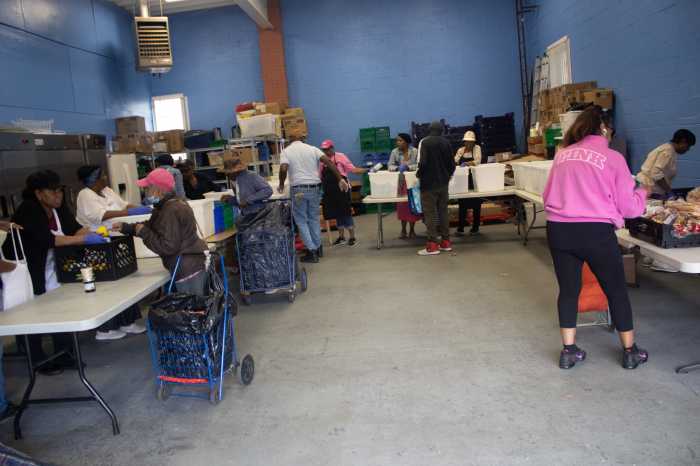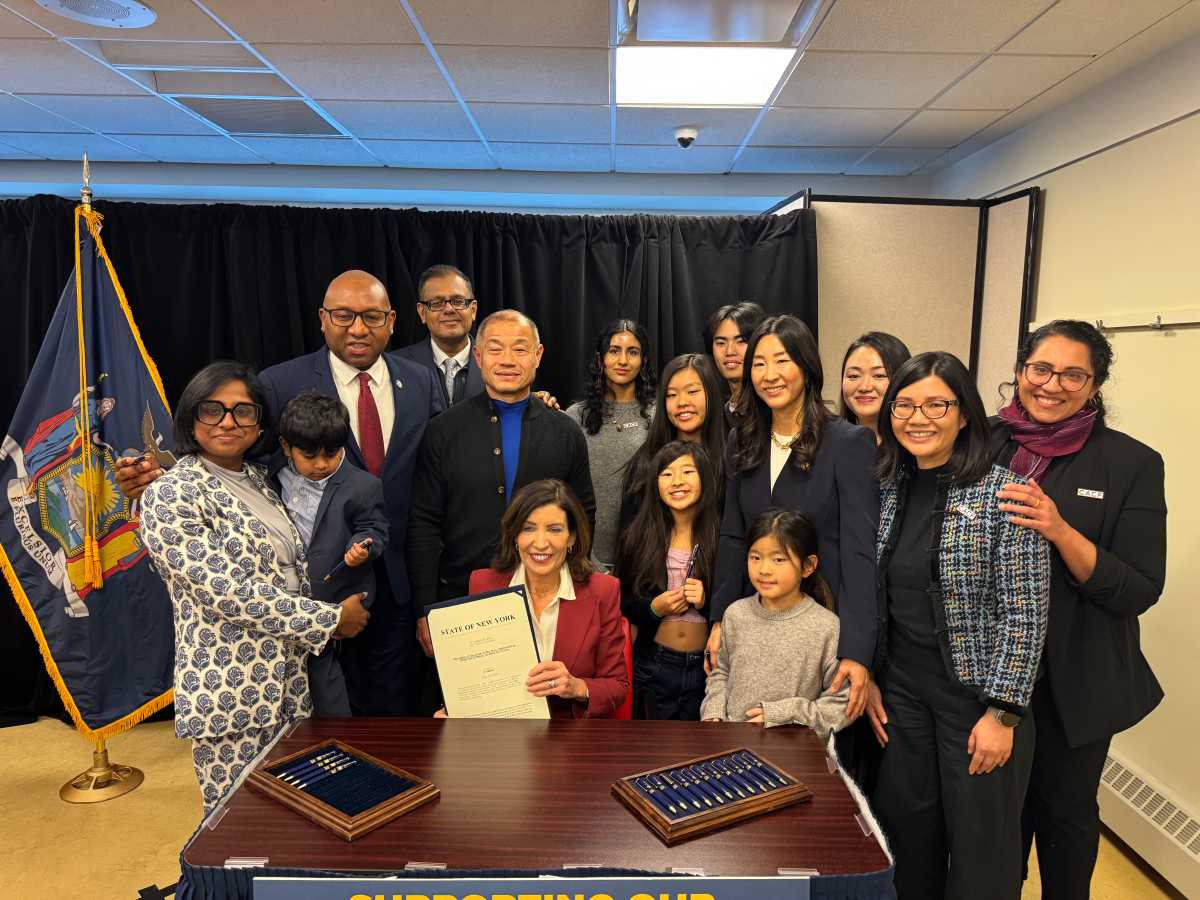Despite repeated assurances from Venezuelan diplomats and authorities in Caracas, governments in a growing number of Caribbean Community countries are becoming increasingly worried about the continued existence of a concession oil deal Venezuela signed up with the bloc 12 years ago as the economic and political situation worsens in the oil and gas-rich South American nation.
Apart from anxiously monitoring events in the country, many are worried about whether a change of government at elections in about two years, or before, could lead to a cancellation or severe altering of the PetroCaribe Agreement that late leftist President Hugo Chavez signed with more than a dozen Caribbean countries in Jamaica back in 2005.
Just this week, the head of Venezuela’s Embassy in Jamaica thought it best to reassure authorities there that despite the daily upheavals in the country, they should rest assured that nothing will change anytime soon.
Luis Gutierrez, the deputy head of mission in Kingston talked about the extremely close relations the two countries have had over the decades and is adamant that all bilateral agreements, PetroCaribe included, will be respected and honored as the months roll by despite the problems back home. “The Venezuela government remains committed to the bilateral arrangements and trade between the two countries,” she told reporters as officials nervously eye the situation in Caracas and other cities affected by violent protests and clashes with riot police.
More than 50 people have been killed as the opposition ramps up pressure on the administration of President Nicolas Maduro to either call early elections or to step down as a chronic foreign exchange shortage in a country with, ironically the world’s largest oil reserves, has led to massive shortages of food, medicines and other basics. Thousands have left the country for the United States, the Caribbean and neighboring South American nations.
As the situation continues in Caracas, some Caribbean Community nations have found themselves at the center of a major diplomatic snafu at the Organization of American States (OAS) over Venezuela.
The region normally uses its 14 votes as a bloc at the OAS but some countries have accused the US and some of its allies there of trying to gain support for regime change in Venezuela. Prime Minister Ralph Gonsalves of St. Vincent recently publicly criticized some neighboring states of allowing the United States to divide the bloc by attending secret meetings to which only chosen countries are invited as he called for unity.
Critics say countries, particularly those in the Eastern Caribbean, will likely continue to support Venezuela because of dependence on PetroCaribe and other forms of aid. Some are also in hemispheric organizations that Venezuela have helped to found, particularly during the Hugo Chavez presidency. Acting Ambassador Gutierrez said the Maduro administration will stand firm despite the problems at the OAS and the daily troubles.
“Recent Venezuelan history shows that whenever the political opposition in that country feels it has support from the Organization of American States, they increase a practice of violence, destabilization that seeks to delegitimize the power of the presidency,” the diplomat told reporters this week.
David Jessop of the UK based Caribbean Council argues that apart from fears about bilateral agreements, the region also has to worry about a possible Venezuelan refugee problem and the split in its ranks because of the situation at the OAS.
“The (Caribbean) response to the crisis unfolding in Venezuela illustrates how debt and short-termism have led Caribbean governments to be conflicted. It also suggests how little long-term thought has been given beyond the region as to what might happen if Venezuelan largesse were to dry up. It demonstrates too that the new ideological divide is widening. There is a danger that the crisis now emerging may encourage a US administration, once again, to challenge the independence and sovereignty of the nations of the Americas,” he wrote recently.


